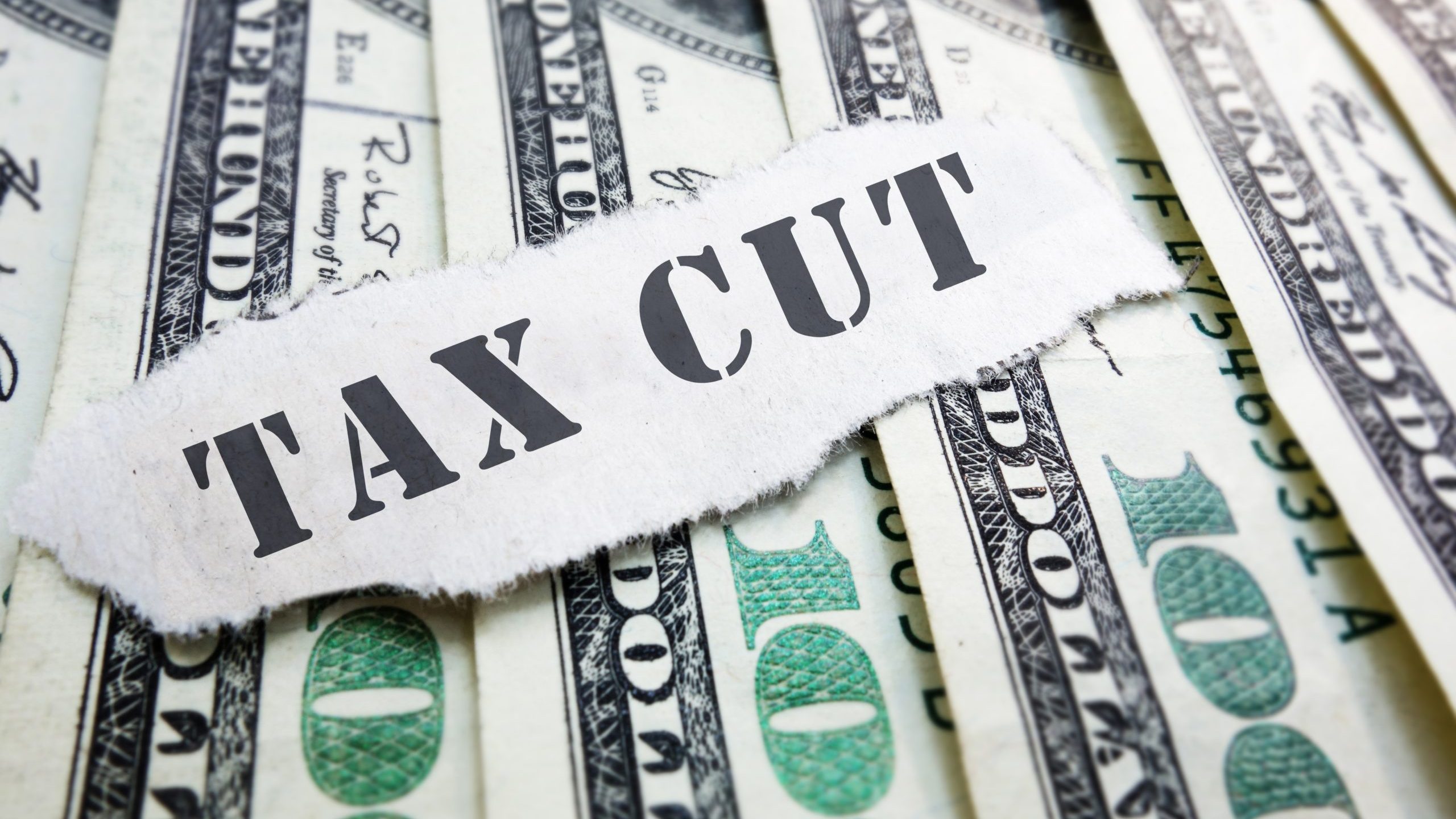
Unless the state legislature takes action, the provision of state law exempting overtime pay from the state income tax will expire at the end of June.
The law responsible, HB217, was introduced by Rep. Anthony Daniels, D-Huntsville, during the 2023 legislative session. It passed the state House and Senate unanimously following the adoption of an amendment from Sen. Arthur Orr, R-Decatur, that would have capped the total cost of the exemption at $25 million.
But after the legislature sent the amended bill to Governor Kay Ivey, Ivey sent it right back. She returned it to the legislature with an executive amendment removing the $25 million cap and changing the phaseout date from Jan. 1, 2027 to June 30, 2025. The House and Senate again approved the bill unanimously.
When the bill was passed, the initial projected cost was $34 million. According to a report from the Alabama Department of Revenue late last year, though, a total of $230 million in potential tax revenue was not collected between January and September 2024 as a result of the exemption.
Critics say those millions could have shored up the Education Trust Fund, which is currently facing a potential budget crunch due to the drawing down of various pandemic-era federal programs.
Ivey did not mention the overtime tax exemption in her State of the State address on Tuesday, although she did say the state needs to “ensure more money stays in our taxpayers’ pockets.”
In an opinion piece published by APR last month, Daniels described letting the exemption expire as “putting a $230 million tax burden on working families” and said the exemption is actually “paying for itself and more” once you account for increased economic activity.
Republican legislators seem less enthusiastic about renewing the exemption. Orr told the Alabama Daily News in December that legislators “need to be very careful going forward about the revenue decisions we make,” and Rep. James Kiel, R-Russellville, said the almost $200 million discrepancy is “why we have sunsets.”
According to the Alabama Department of Revenue’s December revenue abstract, net revenue from personal income taxes for the 2024-25 fiscal year to date was only around $2.5 million less than it was at the same time during the 2023-24 fiscal year. Gross revenue from both the state’s tax on business income and the state’s sales tax, as Daniels noted in his op-ed, went up.
The exemption has received a somewhat mixed reception from organized labor and progressive policy analysts.
On an episode of the America’s Work Force Union Podcast, Jacob Morrison, the president of the North Alabama Area Labor Council, said he’s “not of the mind to incentivize working overtime.”
“I think that we want to disincentivize people working more than forty hours in a week,” he told the show’s host. “We don’t think it’s good. We think there’s a reason the labor movement tried so hard to get the 40-hour workweek passed.”
But Morrison also stated that he would have voted for it if he’d been in the legislature, joking that “so many people get tax cuts in Alabama, why shouldn’t working people?”
To address the potential budget implications, he suggested, the legislature should look at repealing the CHOOSE Act, the school choice program signed into law last year, or Alabama’s federal income tax deduction. Morrison said Alabama “could always just raise taxes on the rich.”
Dev Wakeley, the worker policy advocate for progressive organization, Alabama Arise, told APR on Wednesday that ideally the state wouldn’t “carve out certain groups of workers and say, well, these folks are somewhat more deserving because they work more hours a week.”
“What we really should be doing is putting an Alabama economy together so that one person making one salary can safely, comfortably, and reliably see to everything that they need to do and raise a family on that money,” Wakeley explained. “The fact that we’re trying to put solutions into place for the economy that the state has built is really a diagnostic that the overall state economy doesn’t work for the working people.”
Feelings about the policy are also mixed among policy experts on the other side of the aisle. While the Alabama Policy Institute, a conservative think tank, supports making the overtime tax exemption permanent. Abir Mandal, a senior policy analyst with the center-right Tax Foundation, has said the state should repeal it.
Mandal wrote in November that “allowing it to expire is probably the best idea.” He argues that the exemption could “crowd out” people from the labor market by encouraging the already employed to take additional hours and arbitrarily favors certain sectors where workers can receive overtime pay over others where fixed hours are the norm.
Over in Washington, D.C., White House press secretary Karoline Leavitt told reporters on Thursday that President Trump is pushing Congress to pass a similar exemption. Trump first proposed excluding overtime pay from federal income taxes while on the campaign trail in September.
A bill that would extend the state overtime tax exemption past this summer has not been introduced in either the state House or Senate yet.







